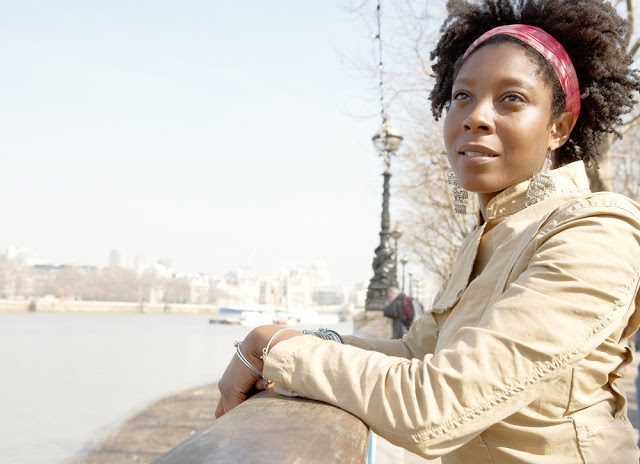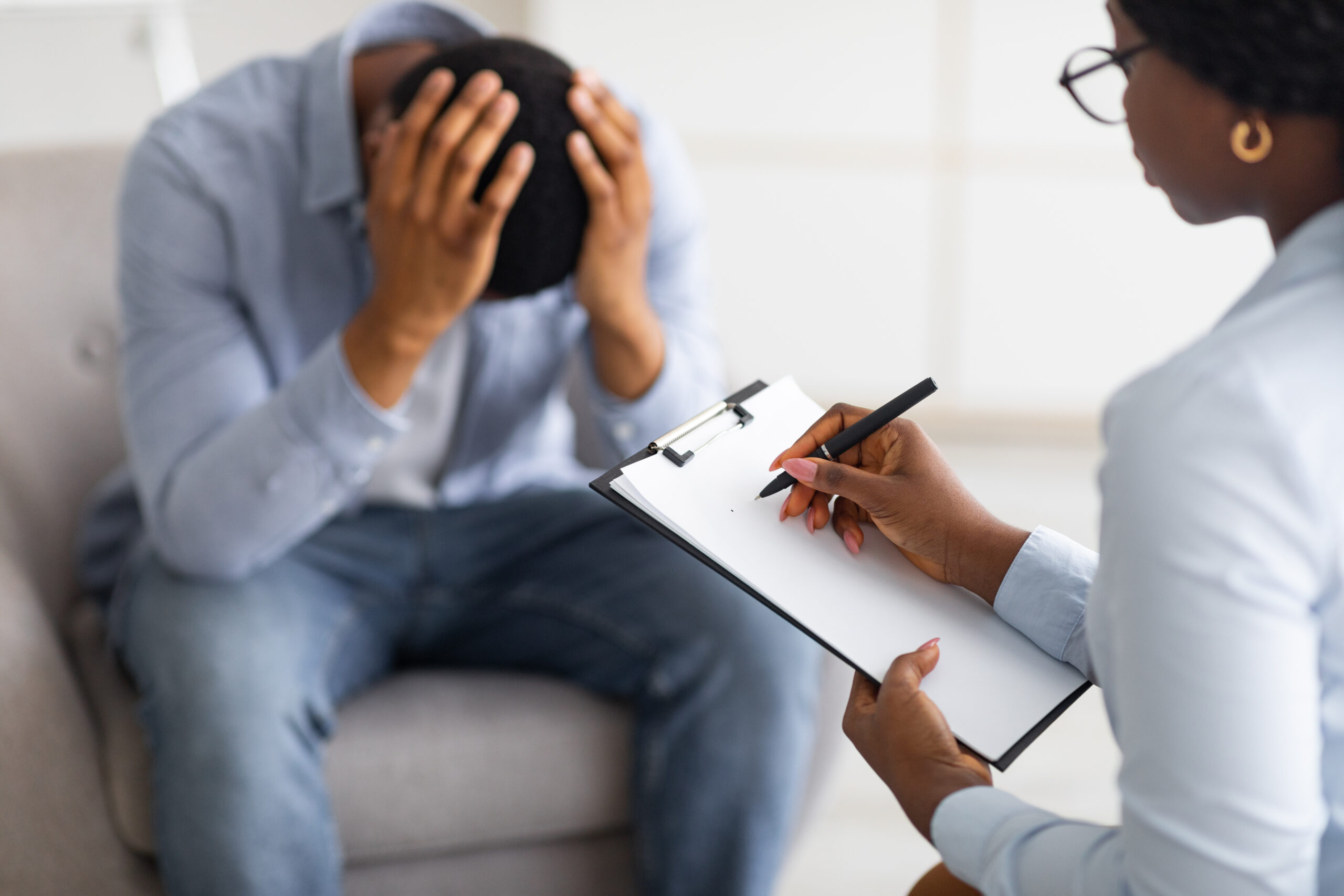
Should You Be Worried About Triggers?
Have you ever heard the saying, if you do not want to slip, do not go where it is slippery? This saying can mean a number of things to different people. Often someone might say this about not wanting to cheat on a diet but wanting to go to the donut shop for coffee. In other words, do not tempt yourself. The same can be said for those in substance abuse recovery or recovery from any addiction. If you do not want to relapse, then avoid places, people, and things that can trigger a relapse or even make you think about relapsing.
Triggers are related to associations that we made while using or engaging in addictive behavior. They can be a simple memory or a situation that reminds you of using. Triggers can include a person such as a dealer or people that you used to go out drinking with after work. Triggers include places such as bars, casinos, or even street corners where you used to buy your drugs. Triggers can also be a thing such as an emotional state. Anger, sadness, and stress can trigger a relapse as can happiness or a reason to celebrate a promotion at work. Even your routine while you were using or engaging in addictive behavior can serve as trigger. You woke up, you looked for drugs, and you used. This was your routine and if you stay in that mindset without finding alternative activities, even your routine can be a trigger. There are even subconscious triggers such as looking at pictures of alcohol or drugs.
If you have a trigger, recognize it and avoid it. Triggers do not necessarily mean that you will relapse but it does increase the likelihood of relapse. External triggers such as people or places are relatively easy to avoid during recovery. Internal triggers such as emotional states are more difficult if not impossible to avoid. You will have times when you feel angry or sad about a situation; however, these are the times when you want to engage your sponsor or call a friend. Tell them how you are feeling and that you are having an urge to relapse. The more involved you become in recognizing your triggers, the more tools you will have available to you to help you through the rough spots.







